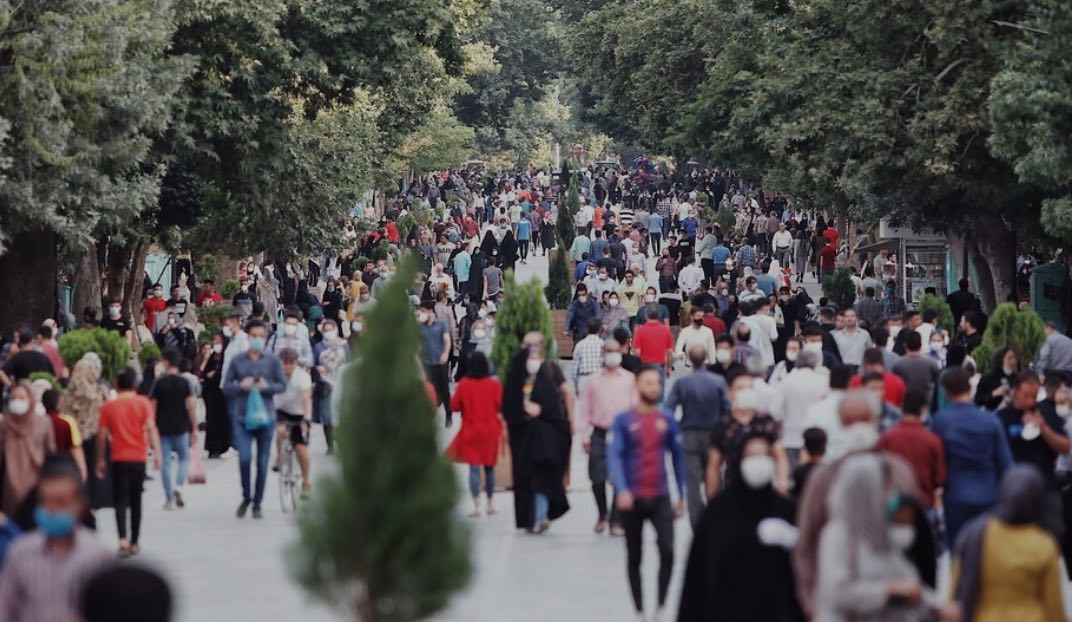The passivity of society is a warning.
The passivity of society is a warning.
In times when even breathing has become difficult, speaking from the heart of society, which are the non-governmental organizations, might be a moment to catch one’s breath.
If we want to discuss the future of non-governmental organizations, we must talk about their quantitative and qualitative aspects.
The presence of civil societies occurred with the onset of modernity and rationalism, and the creation of a middle society space was defined with it.
In recent years, we must see what has happened to the middle class of Iran and how this society, which in a way has been the claimant of organization and presence in the pragmatic space, has progressed, and how the pursuit of gaps and bringing about changes has been.
In the past years, Iranian civil society has gone through various conditions and faced severe issues, and in a way, alongside the models that showed how impactful the presence of civil society can be, the question arose whether civil society in Iran was understood, whether civil society and institution-building were taught and cultured in the space of Iranian society. As Snyder points out in relation to society, maintaining institutions is an issue where citizens must recognize and preserve them. This question arose after the dissolution of the Imam Ali Society: how did Iranian society react to this issue? The answers to these questions show us how the middle class deals with security perspectives and interactions with civil society.
We talk about democracy, but our society still does not recognize what shapes it and is wary of it.
Our society still reaches a vast disconnection in its alienated and compelled space and is even becoming similar to the lies it hears.
In this society, the conditions of social, economic, and psychological shocks cause individuals in this environment to experience death and decay.
The only solution to this issue, in my belief, is gathering together, talking about the truth of child addiction, their marriage, the fact that addiction has reached the fetal and childhood age. Speaking this truth is for change, which can shape the collective.
In a structure where the government is inefficient and not present in the heart of society and, in a way, does not believe in its people and has lost trust, only the presence of civil society and organizations is salvational.
The issue of human rights, children’s rights, and the vulnerable is in these conditions where they can have form and structure. This process must start from the family and be taught, and for the adolescent and young generation, modeling should be done in this regard.
An individual’s mental health depends on their social effort and enthusiasm, and now we can see how little this effort is in our society, and people have developed various psychological disorders. This state only changes when this enthusiasm exists and people participate socially. If individuals say they should be treated well, they must be sensitive to misbehavior.
In Iranian society, there are many issues, and various discriminations and poverty have made the middle class face the issue of survival. We must see how much capacity still exists for the continuous presence in building society, and people do not become more isolated and indifferent. This is our solution for revitalizing civil society.

